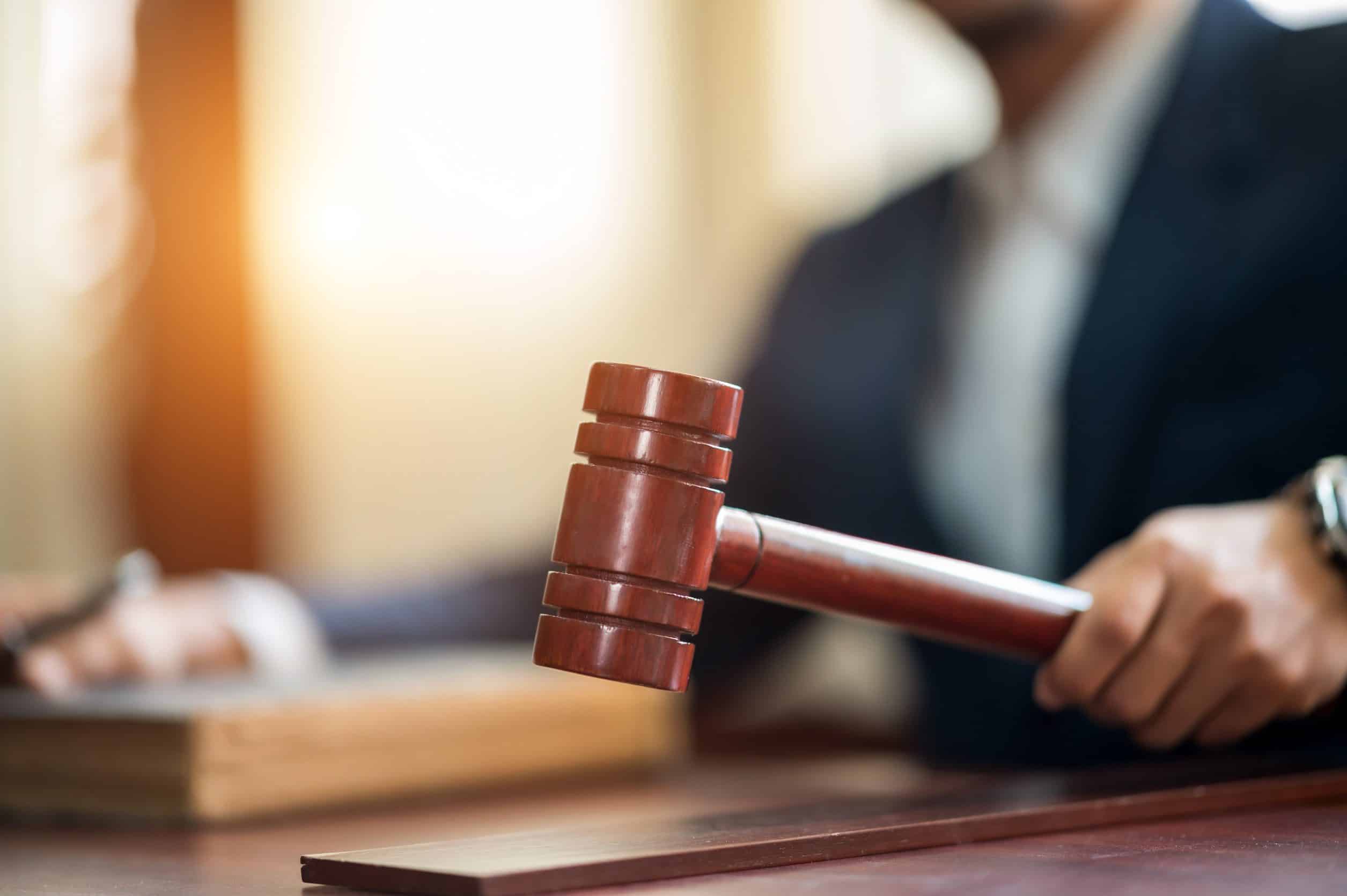- Home
- THE FIRM+
- Criminal Defense+
- CASE RESULTS
- AREAS WE SERVE+
- FAQ’s
- Blog
- Contact
AZHARI LLC BLOG

Posted By: Sami Azhari
Category:
Criminal charges of any type can seriously derail your life. However, drug possession charges in Illinois can take your life in a direction you may not have anticipated, sending you to jail and making you responsible for thousands of dollars in fines.
While Illinois has recently relaxed some drug charges, you can still face harsh penalties for possession of some types of drugs in certain amounts. Here are the penalties that can be faced for drug possession charges in the state, plus some common defenses you may be able to employ.
Illinois Controlled Substances Act
Illinois has its own Controlled Substances Act, which makes it unlawful to possess illegal drugs. This law outlines what the state considers to be a controlled substance. It assigns each type of substance into different schedules based on the potential harm of a drug and if it has accepted medical use.
These schedules are:
Schedule I
The drugs on this schedule are considered potentially very harmful and have no accepted medical use. You will find hallucinogens, opiates, and some opium derivatives on this schedule, which is the most serious.
Schedule II
The drugs on this schedule are also considered potentially very harmful but do have some limited acceptable medical use. Cocaine, methamphetamine, and oxycodone are on this schedule.
Schedule III
These drugs are also potentially very harmful but with more acceptable medical uses. Ketamine, steroids, and buprenorphine are on this schedule.
Schedule IV
These drugs do have some potential for harm but have more accepted medical uses. You’ll find diazepam, tramadol, and alprazolam on this schedule.
Schedule V
These drugs are common but do have the potential for harm. It includes medicines that have small amounts of narcotics, such as cough syrups.
Drug Possession Crimes
Along with the different schedules, Illinois also divides drug possession into different classes. Class X felonies are the most serious, followed by Class 1, Class 2, Class 3, and Class 4 felonies. You can face misdemeanor drug possession charges, as well, broken down into Class A, Class B, and Class misdemeanors.
The amount of the drug in your possession plus the type of drug will play a part in your sentence. The most serious felonies can send you to jail for up to 50 years and make you responsible for fines of as much as $200,000. On the other side of the scale, the lowest class of misdemeanors may send you to jail for only 30 days and require you to pay a fine of up to $1,500.
Common Defenses
Drug possession is a crime for which you want to mount the most robust defense possible. The defense your attorney chooses depends on the circumstances of your particular case, but some of the most common defenses used in drug possession crimes include:
- Constitutional violations, such as illegal search and seizure
- Drugs in your possession were prescribed to you by a doctor
- Drugs found in your possession belonged to another person
- The police entrapped you, causing you to commit a crime you would not have otherwise committed
- You were under duress and someone forced the drugs into your possession
If you’re facing drug possession charges, the most important factor is knowing your rights. You should also have a firm understanding of the charges against you so that you can put up the best defense possible. Do this to show the court you are not guilty of the crime for which you are accused.
About the Author
Sami Azhari has been working as a lawyer since 2007, after receiving his Juris Doctor from the Michigan State University College of Law. He has handled numerous state and federal cases, and is known throughout the Chicago and Rolling Meadows area for providing his clients with high-quality, skilled representation. He has been recognized by Avvo (2013 and 2018), SuperLawyers (2015-2020), The National Trial Lawyers, and other notable organizations, and has spoken at a number of legal conferences.


























































